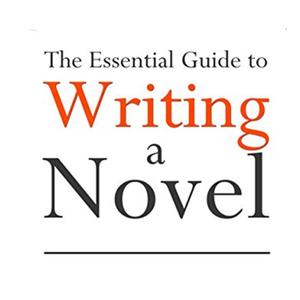
Essential Guide to Writing a Novel
James Thayer
Hosted by James Thayer, the podcast is a practical, step-by-step manual on how to craft a novel. It presents a set of tools for large issues such as story development and scene construction (Kirkus Reviews said Thayer's novels are "superbly crafted') and it also examines techniques that will make your sentence-by-sentence writing shine. The New York Times Book Review has said Thayer's "writing is smooth and clear. it wastes no words, and it has a rhythm only confident stylists achieve.
- 26 minutes 2 secondsEpisode 148: A magical way to end one scene and begin another.
Here is a magical way to end a scene and to begin another without worrying about travel and time between scenes. Also: avoiding dangling modifiers. And how Bernard Malamud worked, and Helen Dunmore's rules of writing.
17 January 2025, 2:00 pm - 25 minutes 58 secondsEpisode 147 - Make sure it's important and make it short.
What should we do if we must--absolutely must--have an element in our story that might not be fully entertaining and engaging? 1) Make sure it's important and 2) make it short. Here are thoughts about this critical technique. Also, details in our descriptions are important, but which should we use and which should we leave out?
10 January 2025, 2:00 pm - 26 minutes 1 secondEpisode 146 - How to make our character unforgettable.
We writers can use lovely phrases and perceptive observations when describing our character in our story, and yet the reader may still quickly forget the character. Here's how to make a character stick in the reader's mind. Also, are you a born writer? Maybe so. Here's why you might be.
3 January 2025, 2:00 pm - 27 minutes 3 secondsEpisode 145 - Bringing our settings to life.
We can show (as opposed to tell) as we create a setting for our story. Showing will make our settings vivid, and will allow the setting description to do double duty: describe the place and suggest a mood. Also, reasons to avoid meetings in our story.
27 December 2024, 2:00 pm - 26 minutes 20 secondsEpisode 144 - One sentence can bring our character to life.
We'll build our character as we write along, adding descriptions and actions and dialogue. But there is a way with only one or two sentences to reveal something powerful and memorable about the character--in just a few words--and I'll talk about the technique here. Also, Joyce Carol Oates's rules of writing. And punctuating dialogue, with important techniques about our character's spoken sentences so that our dialogue is a clear window to the story.
20 December 2024, 2:00 pm - 26 minutes 53 secondsEpisode 143 - The three most important sentences when writing a scene.
Jack Bickham's three sentences on scene construction are the best I've found regarding how to write a scene. Here are why these sentences are important for us writers. Also: Sarah Ann Waters' terrific ten rules of writing. And avoiding the word "not."
13 December 2024, 2:00 pm - 24 minutes 50 secondsEpisode 142 - A big technique for literary writing.
Many listeners are writing literary novels and stories. Here is an important technique regarding construction of a literary story, and it also applies to commercial novels.
6 December 2024, 2:00 pm - 27 minutes 31 secondsEpisode 141 - How to begin and end scenes.
The easiest thing for a reader to do is to quit reading our story. Here are ways to begin and end scenes that'll prevent that from happening. Our scenes' beginnings and endings will propel the reader farther into the story.
29 November 2024, 2:00 pm - 28 minutesEpisode 140 - Tips from Stephen King on writing dialogue.
Stephen King is a powerful storyteller, of course, and he is also a highly-skilled sentence-by-sentence writer. Here are his tips on writing dialogue, plus thoughts from me about making our characters' dialogue riveting.
22 November 2024, 2:00 pm - 27 minutes 4 secondsEpisode 139 - Writing in the first person.
Readers love first person novels, where the hero talks directly to the reader. Here are some techniques for first person writing. Also, famous novelists reveal the books that made them want to be writers.
15 November 2024, 2:00 pm - 27 minutes 4 secondsEpisode 138 - How to live a writer's life.
Usually I talk about writing techniques but here are some living techniques for us writers. And some famous writers' favorite writers and novels. Plus: what Ernest Hemingway did when he was stuck. Also: the magic of avoiding dialogue tag modifiers. And Snoopy.
8 November 2024, 2:00 pm - More Episodes? Get the App
Your feedback is valuable to us. Should you encounter any bugs, glitches, lack of functionality or other problems, please email us on [email protected] or join Moon.FM Telegram Group where you can talk directly to the dev team who are happy to answer any queries.
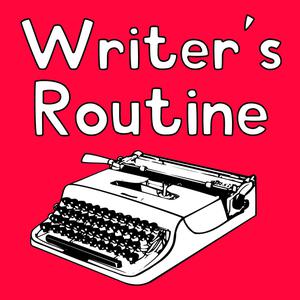 Writer's Routine
Writer's Routine
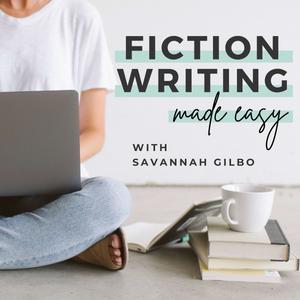 Fiction Writing Made Easy
Fiction Writing Made Easy
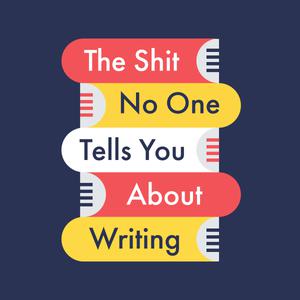 The Shit No One Tells You About Writing
The Shit No One Tells You About Writing
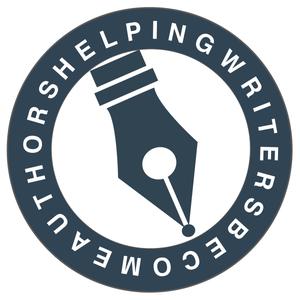 Helping Writers Become Authors
Helping Writers Become Authors
 The Writer Files: Writing, Productivity, Creativity, and Neuroscience
The Writer Files: Writing, Productivity, Creativity, and Neuroscience
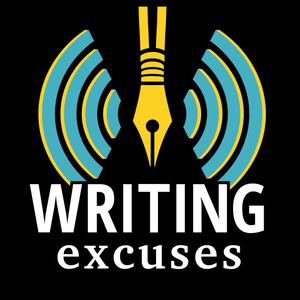 Writing Excuses
Writing Excuses